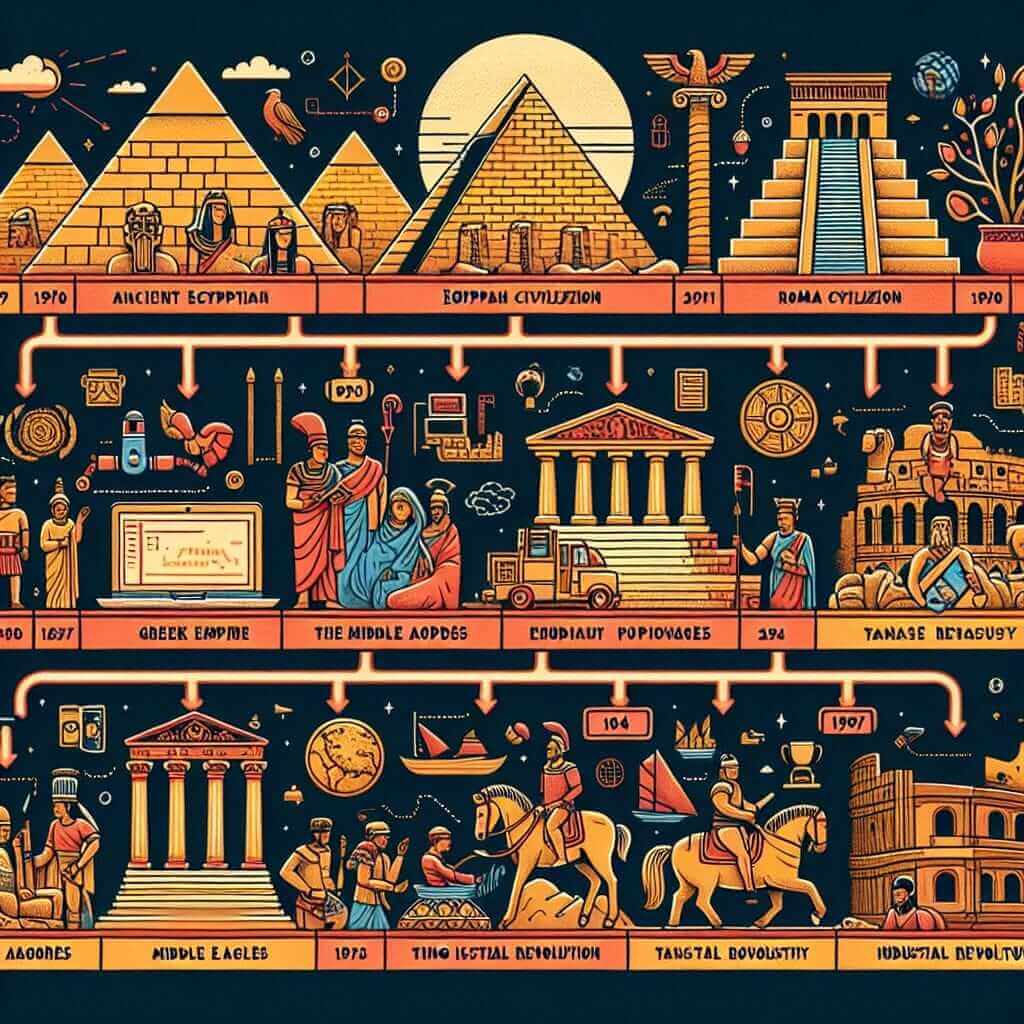As an IELTS instructor with over 20 years of experience, I often get asked by students, “Why study history for IELTS?” It seems unrelated to the test at first glance, doesn’t it? However, having a strong grasp of history can surprisingly benefit your IELTS performance, particularly in the Speaking and Writing sections.
The Value of Historical Knowledge in IELTS
History is much more than memorizing dates and names. It’s about understanding cause and effect, analyzing different perspectives, and seeing the evolution of ideas – all skills highly valued in IELTS. Here’s how:
1. Enhanced Vocabulary and Language Skills
History exposes you to a rich tapestry of vocabulary, including formal and academic language frequently used in IELTS. Terms like “imperialism,” “revolution,” “social reform,” and “cultural diffusion” become part of your active vocabulary, allowing you to articulate your thoughts with greater precision and sophistication.
2. Improved Critical Thinking and Argumentation
Analyzing historical events hones your critical thinking skills. You learn to weigh evidence, consider different viewpoints, and construct well-reasoned arguments – essential for both the Writing (essay) and Speaking (Part 3 discussion) sections of the IELTS.
3. Broader General Knowledge and Examples
A strong foundation in history equips you with a wealth of examples and case studies to draw upon in your IELTS responses. Whether discussing societal changes, technological advancements, or cultural differences, historical examples add depth and credibility to your arguments.
 Historical Timeline
Historical Timeline
How to Integrate History into Your IELTS Preparation
1. Read Widely
Explore books, articles, and documentaries on diverse historical periods and topics. Focus on understanding the context, key figures, and lasting impacts of the events you encounter.
2. Practice Summarizing and Analyzing
Choose a historical event and try to summarize it concisely in your own words. Then, analyze the causes, consequences, and different perspectives surrounding that event. This exercise strengthens your ability to present information logically and objectively.
3. Connect History to IELTS Topics
Many IELTS topics, such as education, technology, globalization, and the environment, have historical roots. When preparing for these topics, research their historical evolution and consider how the past influences the present.
Examples from IELTS
You might encounter questions like these, where historical knowledge can be advantageous:
- Speaking Part 3: “Some people believe that studying history is not relevant in today’s world. What is your opinion?”
- Writing Task 2: “To what extent do you agree that technological advancements have had a positive impact on society? Support your answer with relevant examples.”
Tips for Success
- Don’t Overdo It: While historical examples can strengthen your arguments, avoid overloading your responses with too much historical detail. Focus on making clear connections to the IELTS prompt.
- Stay Relevant: Choose examples that are directly relevant to the question and help you illustrate your points effectively.
- Practice, Practice, Practice: Regularly incorporate historical topics into your IELTS practice sessions to build fluency and confidence.
Conclusion
While it might not be immediately apparent, studying history can significantly benefit your IELTS preparation. It enhances your vocabulary, strengthens critical thinking, and provides you with a broader understanding of the world – all of which are valuable assets for achieving your desired IELTS score. So, embrace the richness of history and allow it to empower your IELTS journey.


